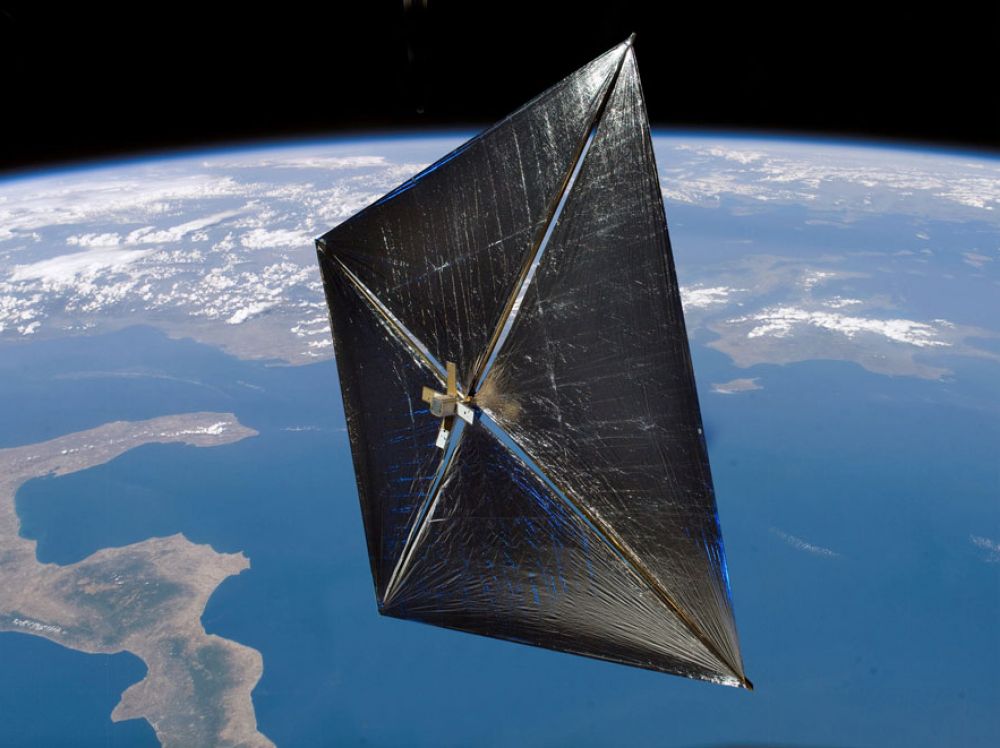
BLAST, a new dream team of aerospace startups
Small space launchers, autonomous naval drones, advanced military artificial intelligence… Seven months after announcing its creation, Blast, the new accelerator for emerging French aerospace and defense companies, revealed its first selection of tiny buds on Wednesday, June 23. The selection of representatives was expected given that the sponsors of the program are prestigious: Starburst, the world’s leading accelerator in the sector, “Bootcamp”, will organize 13 weeks of intensive workshops for startup leaders (Promotions, Marketing, Finance, Strategy, Legal). The French laboratory Onera for aerospace research will provide companies with advice from researchers and testing facilities. Ecole Polytechnique will organize entrepreneurship training. Finally, Paris-Saclay’s SATT (Association for Accelerating Technology Transfers) will provide support on intellectual property matters.
For this first promotion, Blast selected about twenty projects from the 50 submitted, including 12 startups and eight research programmes. On the aerospace side, the selection includes France’s two small launch projects, HyperSpace (hybrid engine launcher) and Venture Orbital Systems (small launcher for satellites up to 80 kg). This boost will be welcome for the French: they must face giants such as the New Zealand-born American Rocket Lab, American Relativity, Astra and Virgin Orbit, or even Germany’s ISAR Aerospace, which has amassed more than 100
million euros and is backed by Airbus and the German government.
Urban flight capsules
The start-up Xinétis, which is developing an ejection system for expired satellites, is also part of the cast, as is the specialist in atmospheric data monitoring Miratlas and the Prométhée nano-satellite constellation. In 2020, the latter completed the first fundraising of 2.2 million euros. It wants to launch the first satellites of its consortium in the last quarter of 2023.
The choice is quite varied on the flying side. The young company Aviathor is developing kits for installing electric propulsion on small aircraft with heat engines. Beyond Aerospace operates hydrogen-powered business and regional aircraft. Caps design a single (and independent) flight capsule for urban transportation. The researchers’ projects were also selected, in particular the heavy transport drone project.
The selection also includes four defense startups, a segment where young Frenchmen can hardly compete in shooting. Among the most promising is the Bordeaux military hero AI Delfox, who is already working with Dassault, Thales and ArianeGroup. Blast has also chosen Sea Proven, which is developing 100% electric marine drones for ocean monitoring, and to complement satellites. The researchers’ projects in video analysis and gas discovery were also selected.
unicorn goal
Blast’s goal is clear: finally take out the French unicorn in the field of aerospace and defense. “Ten years ago, the mission seemed impossible, but we are seeing more and more powerful projects coming,” says François Chopard, founder of Starburst. The programme, which springs from the Paris-Sclay ecosystem, has been careful not to limit itself to Ile-de-France projects. “Ile-de-France represents 8 of the projects supported, and another 12 projects from all French regions,” confirms Christelle Astorge-Libin, director of the Blast Program and formerly the French National Center for Space Studies.
Perhaps the sector’s first tricolor rhino is among the 20 elected. The four partners in the project are not the only ones who believe in it. The Agency for Defense Innovation (AID) and Space Command signed a partnership with Blast on June 22. They are committed to providing the best possible support for the coins that will come out of the program.

“Organizer. Social media geek. General communicator. Bacon scholar. Proud pop culture trailblazer.”
